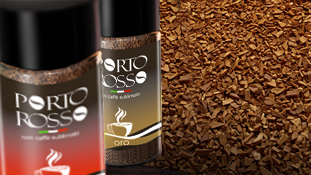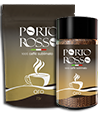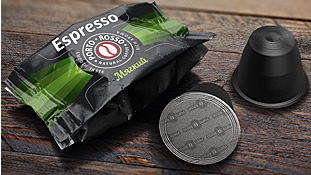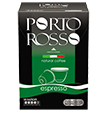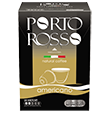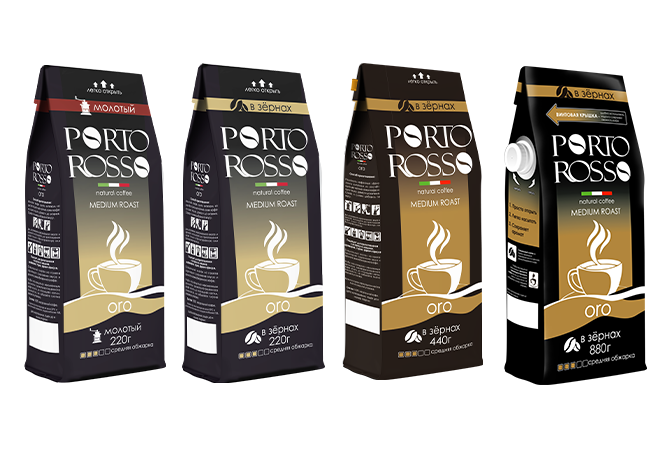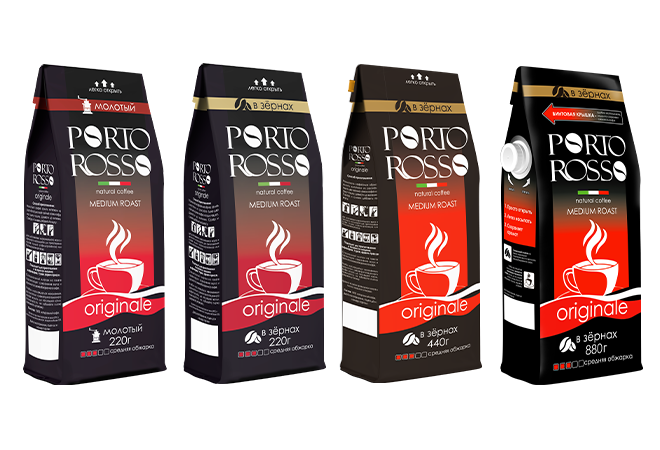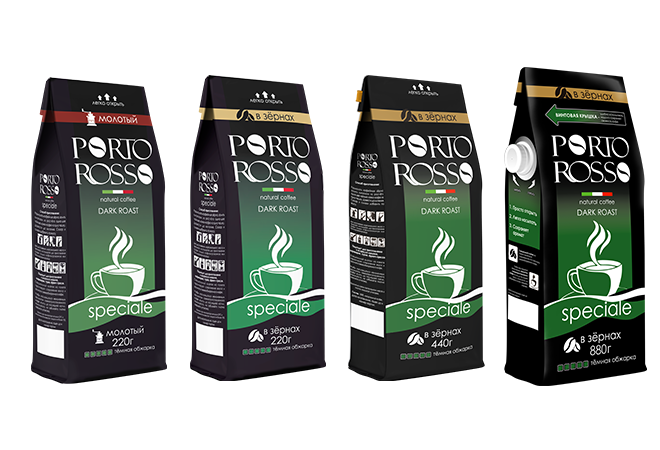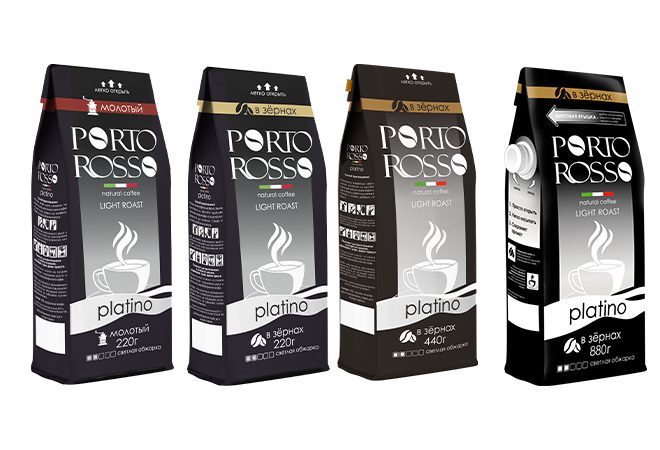Whether the preference is given to coffee with sugar or without sugar, it does not play a significant role. The choice of “normal” coffee or “decaffeinated” coffee does not play a significant role either: according to a study published in the Journal of Hepatology by a group of researchers of the National Cancer Institute in Bethesda (Maryland, the United States), coffee has beneficial properties for the health of the liver. In particular, the studies have shown that the higher the consumption of the black beverage – independent of caffeine consumption – the lower the presence of abnormal liver enzymes.
Caffeine is not to blame
Hence, some other components contained in coffee (besides the well-known caffeine) help the liver to feel good. To obtain their results, the researchers used the data collected in the United States between 1999 and 2010 in the framework of the National Health and Nutrition Examination Survey (NHANES) in general for 27.793 people. The monitoring has been conducted for over 20 years.
Thus, it turned out that, compared with those who did not consume coffee, those who daily drank three or more cups of the black beverage had lower levels of several markers-indicators of the liver health state, including alanine aminotransferase, aspartate aminotransferase, alkaline phosphatase and gamma glutamyl transaminase.
Certainly, this study was not the first, which showed the relationship between coffee consumption and the liver health: “Numerous studies have already demonstrated an inverse relationship between coffee consumption and the presence of gamma-glutamyl transferase in blood, the enzyme, which increase is observed in a lot of liver diseases”, – Giovanni Covini explains, hepatologist and the Head of the Outpatient Department of Clinical Examination at the Humanitas Clinical Institute in Rozzano (Milan). – In addition, some other publications about animal samples and epidemiological studies have been demonstrating for a lot of years the protective property of coffee in the development of non-alcoholic fatty liver disease”.
Coffee contains diterpenes-important protective substances for the liver
However, most studies have so far focused on the effects of caffeine, the most famous substance contained in coffee: “Such a recent study shows that even decaffeinated coffee plays a useful role for the liver, stressing out that both “normal” coffee drinkers and those who drink decaffeinated coffee have lower rates of liver enzymes compared, in general, with coffee abstainers, suggesting therefore that some other substances-hepatoprotectors are contained in this beverage in addition to caffeine. In fact, in addition to effects of caffeine, it should be remembered that coffee contains a lot of oxidants, such as diterpenes, which may play an important protective role”, – Covini continues to clarify.
“Therefore, the data collected by the scientists from the United States are “extremely interesting, but they must be confirmed by other studies and tested with the utmost criticality”, – the hepatologist concludes. – And indeed it will be insufficient to assert that reduction of liver enzymes is a powerful protective factor for the liver: for a lot of years we know, for example, about the effects of ursodeoxycholic acid (agent used to dissolve gallstones), which in a lot of liver diseases normalizes transaminases without however bringing benefit to the liver and thus creating a so-called “cosmetic effect”.

